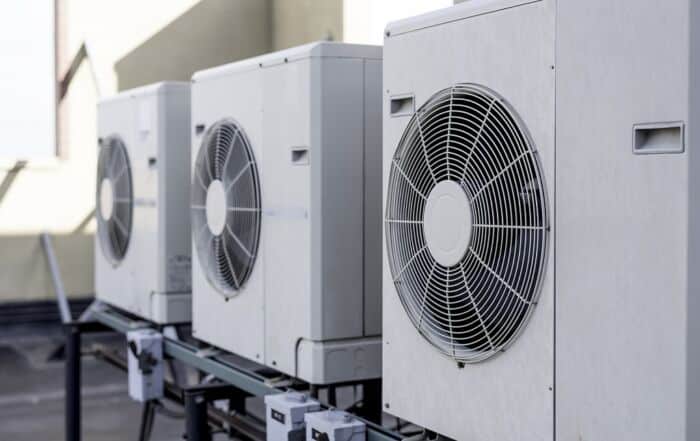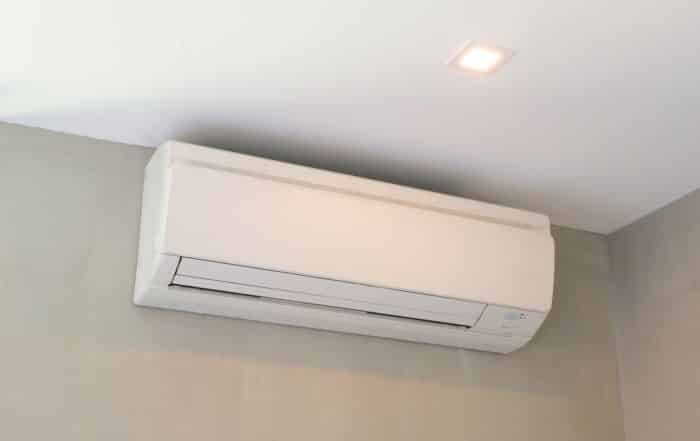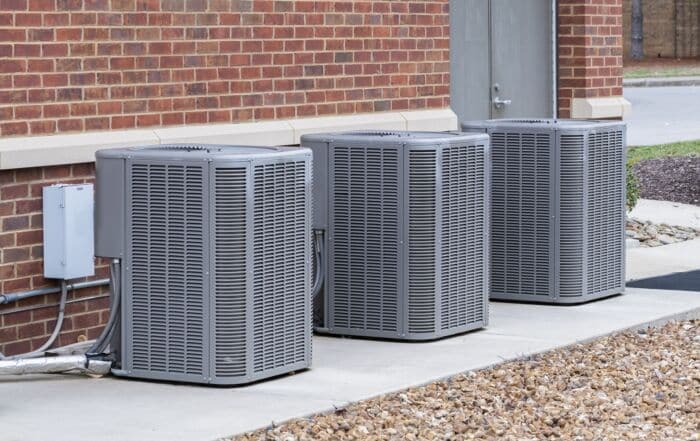As the summer heat intensifies, ensuring optimal comfort and efficiency in our homes becomes paramount. At Dallas Heating and Air Conditioning, we understand the importance of staying cool and comfortable during the hottest months of the year. That's why we're dedicated to providing our clients with cutting-edge air conditioning technologies that not only enhance comfort but also promote energy efficiency and environmental sustainability.
In this comprehensive guide, we'll delve deep into the world of air conditioning, exploring the latest advancements, industry trends, and practical tips for maximizing comfort and efficiency in your home. From smart thermostats to eco-friendly refrigerants, we'll cover everything you need to know to stay cool and comfortable all summer long.
Understanding Air Conditioning Technologies
Air conditioning technologies have come a long way in recent years, thanks to advancements in engineering, materials science, and digital technology. Today, homeowners have access to a wide range of innovative solutions designed to deliver precise temperature control, enhanced energy efficiency, and improved indoor air quality.
Smart Thermostats and Advanced Controls
One of the most significant advancements in air conditioning technology is the proliferation of smart thermostats and advanced control systems. These intelligent devices allow homeowners to program and monitor their HVAC systems remotely, enabling precise temperature control and energy conservation. With features like learning algorithms and occupancy sensors, smart thermostats can optimize comfort while minimizing energy consumption, leading to significant cost savings and environmental benefits.
Variable-Speed Compressors
Traditional air conditioning compressors operate at a fixed speed, resulting in energy waste and uneven cooling. Variable-speed compressors, on the other hand, can modulate their speed to match cooling demands, providing more efficient operation and better temperature control. By adjusting compressor speed based on real-time conditions, variable-speed systems can deliver superior comfort and energy savings compared to traditional AC units.
Eco-Friendly Refrigerants
Concerns about climate change and ozone depletion have spurred the development of eco-friendly refrigerants with lower environmental impact. Hydrofluoroolefins (HFOs) are a promising class of refrigerants that offer reduced global warming potential and ozone depletion potential compared to traditional refrigerants. By transitioning to eco-friendly refrigerants like R-32, homeowners can reduce their carbon footprint while enjoying efficient and reliable air conditioning.
Smart Vents and Zoning Systems
Smart vents and zoning systems are revolutionizing the way homeowners control airflow and temperature distribution in their homes. These intelligent solutions allow for room-by-room temperature adjustments, ensuring personalized comfort and energy efficiency. By directing airflow where it's needed most, smart vents and zoning systems can eliminate hot spots, reduce energy waste, and optimize overall system performance.
Ice-Powered Air Conditioning
Ice-powered air conditioning is an innovative technology that leverages the cooling properties of ice to provide efficient and sustainable cooling. These systems use off-peak electricity to freeze water into ice during low-demand periods, then use the stored ice to cool indoor air during peak hours. By reducing reliance on grid power during peak demand periods, ice-powered AC systems can help alleviate strain on the electrical grid and lower energy costs for homeowners.
Self-Diagnosing and IoT-Enabled Systems
The rise of the Internet of Things (IoT) and artificial intelligence (AI) has ushered in a new era of intelligent air conditioning systems. IoT-enabled AC units can communicate with homeowners and service providers, providing real-time performance data and diagnostic information. With self-diagnosing capabilities and predictive maintenance algorithms, these systems can identify and address issues before they escalate, ensuring optimal performance and reliability.
Practical Tips for Maximizing Air Conditioning Efficiency
In addition to leveraging advanced air conditioning technologies, there are several practical steps homeowners can take to maximize efficiency and comfort in their homes:
- Regular Maintenance: Schedule annual maintenance inspections to keep your air conditioning system running smoothly and efficiently.
- Clean or Replace Filters: Dirty filters can restrict airflow and reduce efficiency. Clean or replace filters regularly to maintain optimal performance.
- Seal and Insulate: Seal leaks and insulate ductwork to prevent air leaks and improve system efficiency.
- Use Ceiling Fans: Use ceiling fans to circulate air and supplement your air conditioning system, allowing you to raise the thermostat temperature without sacrificing comfort.
- Programmable Thermostats: Install a programmable thermostat to set temperature schedules and reduce energy consumption when you're away from home.
- Upgrade to Energy-Efficient Equipment: Consider upgrading to energy-efficient air conditioning equipment with high SEER ratings to maximize energy savings and performance.
- Close Curtains and Blinds: Close curtains and blinds during the hottest parts of the day to block out sunlight and reduce heat gain in your home.
- Shade Outdoor Units: Shade outdoor condenser units to prevent overheating and improve efficiency.
- Limit Heat-Generating Activities: Minimize heat-generating activities like cooking and laundry during the hottest parts of the day to reduce the load on your air conditioning system.
- Stay Informed: Stay informed about the latest advancements in air conditioning technology and energy-saving tips to make informed decisions about your home's comfort and efficiency.
As the demand for comfort and efficiency continues to grow, the air conditioning industry is responding with innovative solutions designed to meet the needs of today's homeowners. From smart thermostats to eco-friendly refrigerants, the future of air conditioning looks brighter than ever. By leveraging these advanced technologies and implementing practical strategies
Related Posts
Exploring Ductless Air Conditioning Systems for Small Spaces
If you’re a homeowner tired of sweating through sweltering summers, a ductless air conditioning [...]
Signs Your Air Conditioning Unit Needs Professional Maintenance
Imagine coming home on a sweltering summer day only to find that your air [...]
Common Misconceptions About Air Conditioning Usage and Costs
Air conditioning units are a staple in many homes, especially during the hot summer [...]


